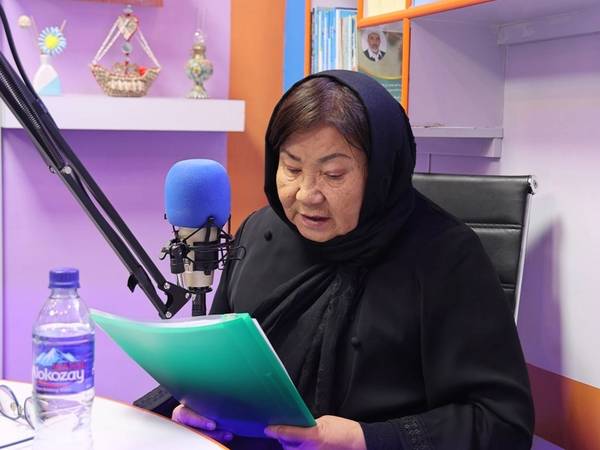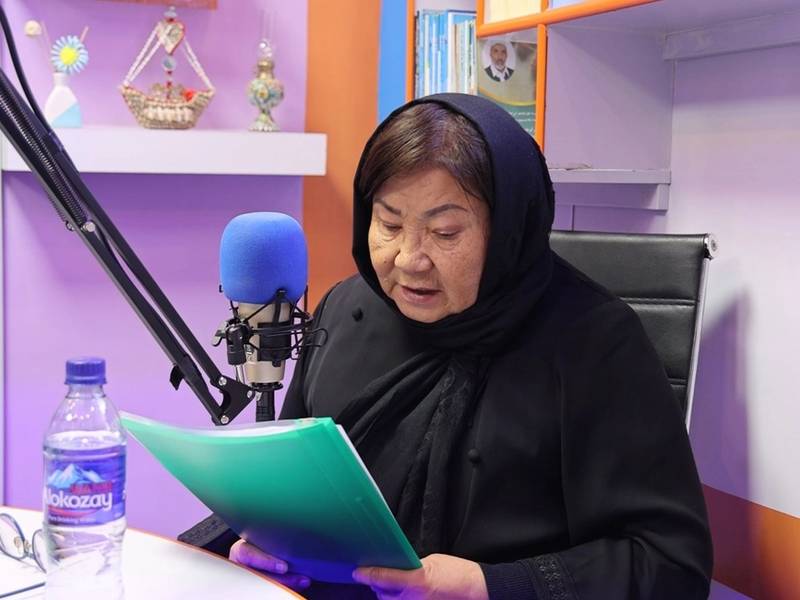The United Nations Assistance Mission in Afghanistan (UNAMA) has expressed concern over a new directive issued by the Taliban that imposes sweeping restrictions on media operations across the country.
In a statement posted on X (formerly Twitter) on Thursday, 10 July, UNAMA warned that the policy, which requires prior approval of programme content and guest speakers by Taliban authorities, risks fostering fear and self-censorship among Afghan journalists and media outlets.
The directive, titled “Policy on Hosting Political Programmes (Roundtables) in Afghanistan”, was issued by the Taliban’s Ministry of Information and Culture and circulated to domestic media organisations. Afghanistan International has obtained a copy of the four-page document.
Under the new rules, media outlets must seek prior approval from the Ministry before airing political content. Political analysts are also required to obtain official permission and carry a Taliban-issued ID card in order to participate in debates or news programmes.
The directive further instructs broadcasters to align all political content with the "policies of the Islamic Emirate" and warns that any material deemed contrary to Taliban governance, national unity, or Afghan values could result in punitive action, including the suspension or revocation of broadcasting licences.
Media outlets have also been directed to limit criticism of Taliban officials to “respectful tones” and remain within what the group defines as the boundaries of the law.
Since returning to power in August 2021, the Taliban have gradually tightened their grip on Afghanistan’s media landscape. The latest directive is viewed as a formal escalation in the group's efforts to silence dissent and control public discourse.
Afghanistan’s press freedom has continued to decline under Taliban rule. According to the 2025 World Press Freedom Index, the country now ranks 175th out of 180 nations, with a press freedom score of just 17.88.

